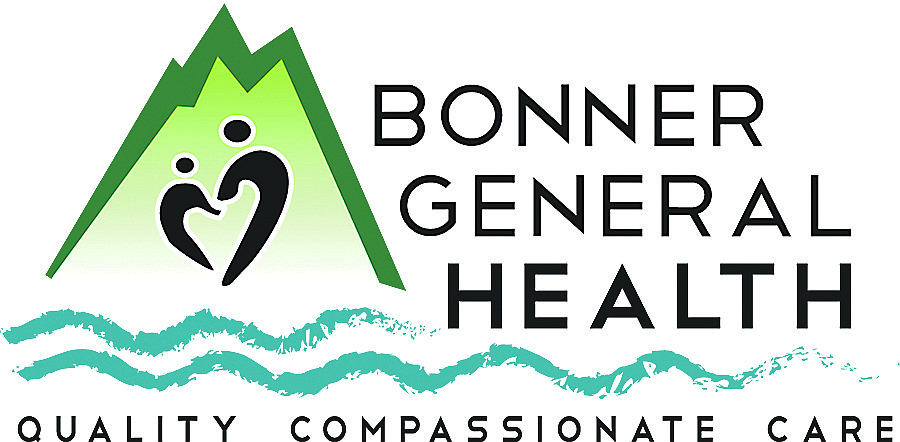Finding answers to teens' questions about substance use
We're smack dab in the middle of National Drug and Alcohol Facts Week, so it's appropriate to talk about the questions that teens ask the most often about the subject. The National Institute on Drug Abuse compiled over 118,000 queries from adolescents to list ten most frequently asked questions.
We don't have space to go through all of them. Most deal with specific substances. Instead, let's start with the number one question: What is the worst drug? NIDA's short answer is that there isn't a "worst" drug, just like there isn't a "best" one.
"We don't define drugs as most or least harmful. All drugs can produce negative health effects or lead to a dangerous situation in the short or long term. Whether a drug causes a serious health issue – like a life-threatening overdose – can depend on how much a person uses, how they consume it, and other factors," NIDA says.
Some drugs are potentially life-threatening the first time one uses them. Take fentanyl, for instance. No, don't take it; know about it. Fentanyl is 100 times more potent than morphine and 50 times more powerful than heroin.
"In 2019, an estimated 70,630 people died from a drug-involved overdose in the United States. The most common drugs associated with these fatal overdoses were synthetic opioids, including the highly potent synthetic opioid, fentanyl," NIDA explains.
Alcohol and tobacco are the drugs most commonly abused by adolescents, followed by marijuana. So, when you talk about the "worst" drug, you need to talk about the fact that cigarette smoking's long-term health effects account for around 1,300 deaths every day. Death aside, the results can be debilitating. Anyone who's ever had or known someone who has had COPD or other upper respiratory diseases can attest to that.
"And alcohol is the substance most frequently involved in deadly car crashes. Nearly one person died every 52 minutes from drunk driving crashes in 2019," NIDA says.
The effects of marijuana on the brain have been the topic of many studies over the years. Some studies have linked marijuana use to declines in IQ, especially when use starts during teen years. Other studies have identified significantly reduced functions such as memory, learning, and impulse control compared to non-users.
Why do people take drugs when they know they're bad? This is the tenth question and, in my humble opinion, is the most important one. Top of that list is the influence of other people and the popular media. Teenagers see their parents drinking alcohol or smoking cigarettes, vaping or using marijuana and think they'd like to try it.
In the media, marijuana seems cool. NIDA says that "forty-five percent of teens agree with the statement 'Movies and TV shows make drugs seem like an okay thing to do.'" And, we all know the words "peer pressure."
Other reasons include escape and self-medication. "The often rough teenage years can take an emotional toll on children, sometimes even causing depression, so when teens are given a chance to take something to make them feel better, many can't resist," NIDA explains.
Add to that boredom, rebellion, a need for instant gratification, and lack of confidence. "Many shy teenagers who lack confidence report that they'll do things under the influence of alcohol or drugs that they might not otherwise. This is part of the appeal of drugs and alcohol even for relatively self-confident teens."
Not only do drugs and alcohol loosen inhibitions, but they can also alleviate social anxiety. "There's the mentality that if you do anything or say anything stupid, everyone will just think you had too many drinks or smoked too much weed," NIDA says.
As parents, what are we to do? Educate our teenagers about drug use to get accurate information, not the falsehoods often heard in the schoolyard.
If you suspect your child may have a substance use disorder – a change of friends, decline in grades, skipping school, loss of interest in previously fun activities, changes in eating and sleeping habits, deteriorating relationships with you or siblings – call the Substance Abuse and Mental Health Services Administration's helpline at 1-800-662-HELP (4357). It's free, confidential, and 24/7/365; someone is there to refer you to resources.
Kathy Hubbard is a member of the Bonner General Health Foundation Advisory Council. She can be reached at kathyleehubbard@yahoo.com.



